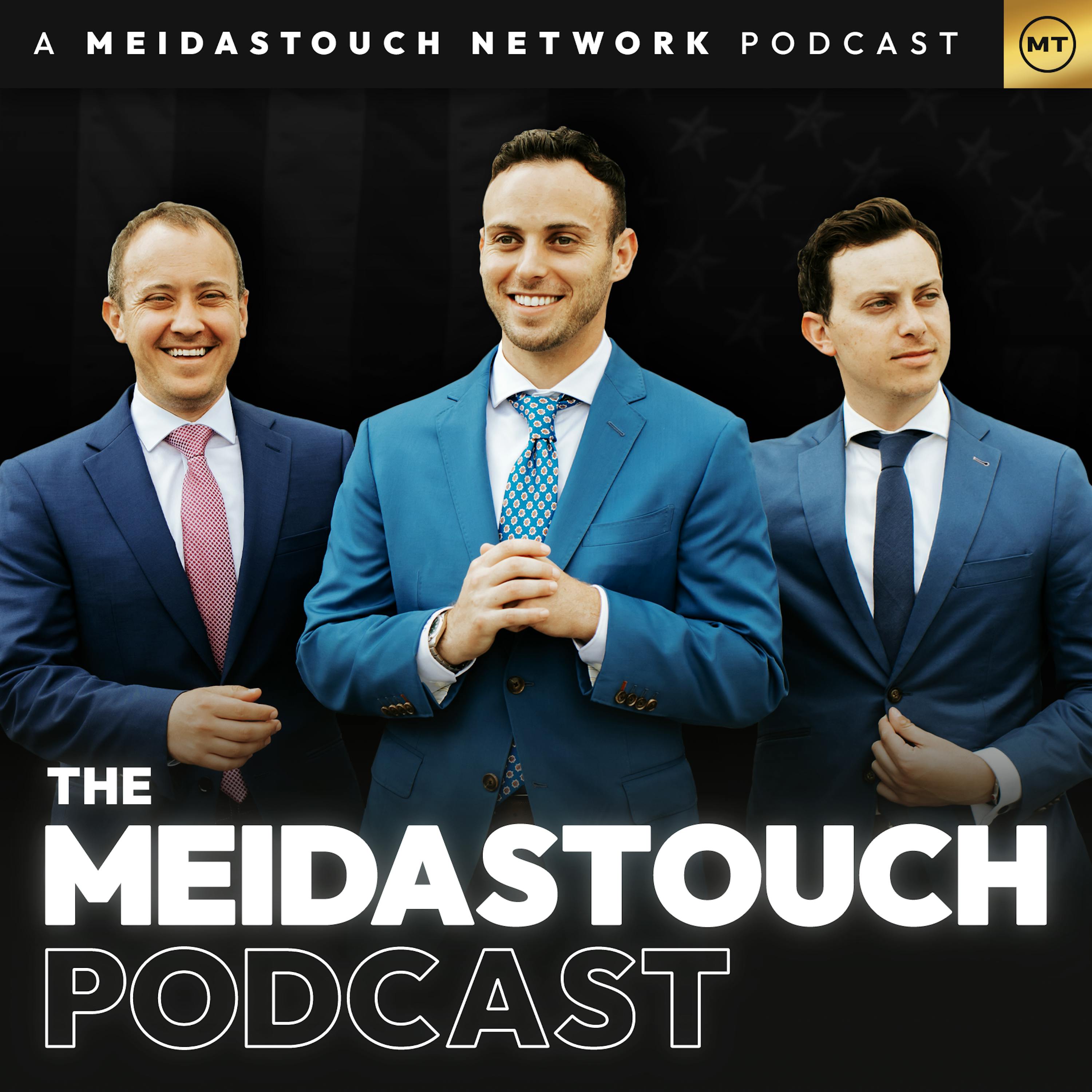PortalsOS
Related Posts
Vote to see vote counts

Doesn't it say it all that tax breaks for the rich are permanent while government employees stop getting paid during a shutdown, yet Congress members still receive their salaries? This highlights how the system is rigged in favor of the wealthy and those in power.
Richard Thaler explains the fairness principle in markets using Uber as an example. He argues that if Uber charged $5,000 for rides during a crisis like 9/11, it would quickly go out of business due to public outrage. This highlights how businesses must consider psychological factors and customer perception, not just profit.
Subsidies and tax cuts are rushed for billionaires, but the average American struggles with healthcare costs, highlighting a disparity in priorities.

The administration's policy is perceived as benefiting the wealthy at the expense of cutting benefits for those in need.

The current financial system encourages people to work for the government due to distorted price signals from money printing.

Fairness and perceived inequality are central to the criticism of capitalism, as people may reject economic growth if they feel opportunities are unfairly distributed.

Billionaires should pay more taxes, and that money should fund universal healthcare. You'll still have 10 private jets instead of 15, but it's just a little more for a good cause!
The Affordable Care Act is the best plan we have, with subsidies keeping prices low. Instead of giving tax cuts to billionaires, let's claw those back and subsidize healthcare more!

Richard Thaler and Danny Kahneman explored fairness in economics by asking if it's fair for a hardware store to raise snow shovel prices after a blizzard. Most people said no, except business school students, who believed it was justified based on microeconomic principles.

The income tax is actually immoral, and enforcing immigration law is not. Leaders are morally responsible to enforce immigration law.